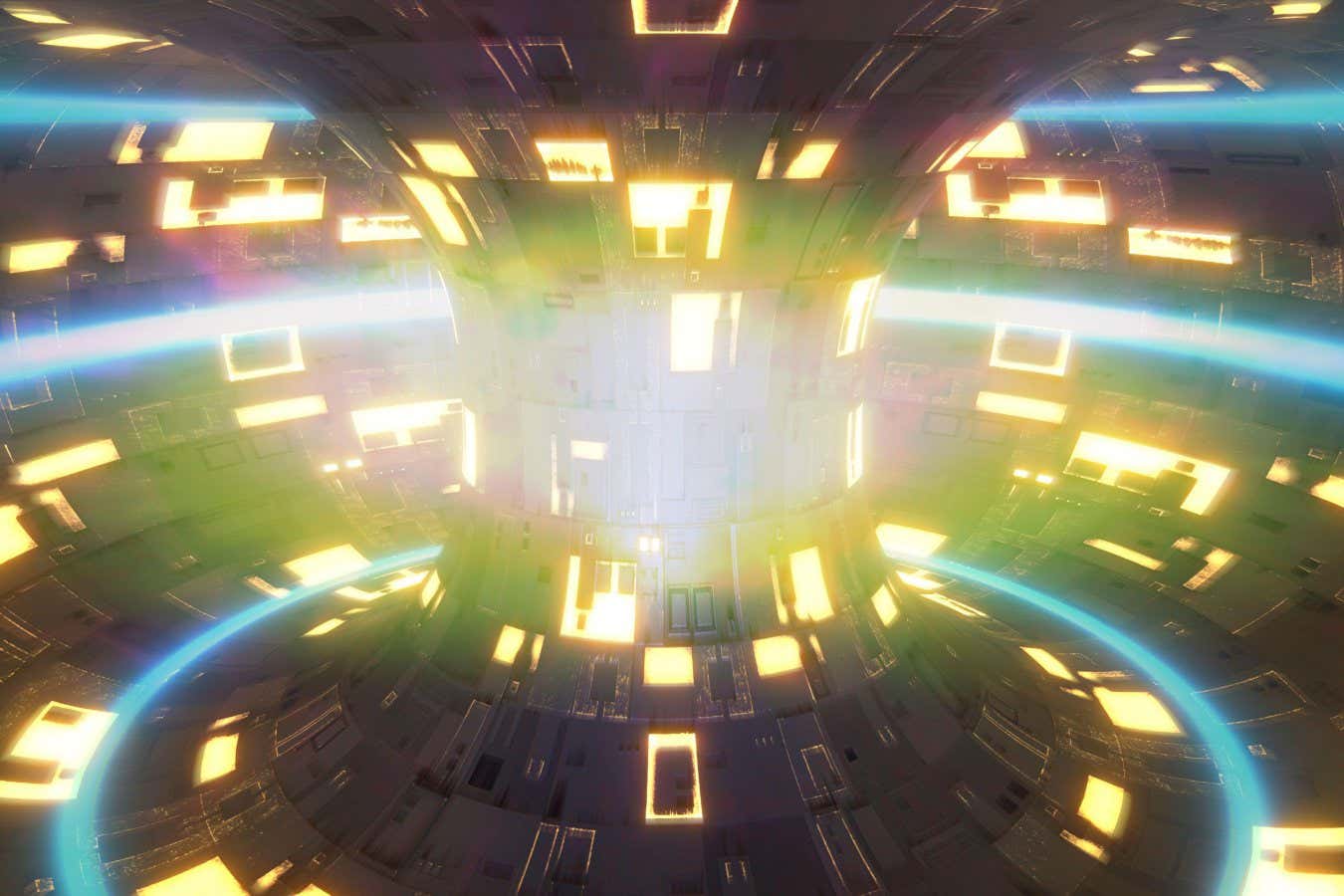Now Reading: New Chemical Process Paves Way for Greener Nuclear Fusion Fuel
1
-
01
New Chemical Process Paves Way for Greener Nuclear Fusion Fuel
New Chemical Process Paves Way for Greener Nuclear Fusion Fuel

Fast Summary
- Lithium-6, essential for enduring nuclear fusion, is traditionally isolated via an environmentally harmful mercury-based process banned since the 1960s.
- Researchers led by Sarbajit Banerjee at ETH Zurich have discovered a new mercury-free method using cement membranes containing zeta vanadium oxide, which preferentially isolates lithium-6.
- The process leverages tunnels in zeta vanadium oxide that selectively bind lithium-6 ions due to unique interactions with oxygen atom edges.
- Currently, researchers have isolated only small amounts of lithium-6 but aim to scale production to meet the demand of future fusion reactors requiring massive daily quantities of the isotope.
- Despite advancements in supplying lithium fuel for fusion reactors,challenges with plasma reactor technology and laser ignition persist.
!campaign=RSS%7CNSNS&utmsource=NSNS&utmmedium=RSS&utm_content=home”>Read More
Stay Informed With the Latest & Most Important News
Previous Post
Next Post
Loading Next Post...



























